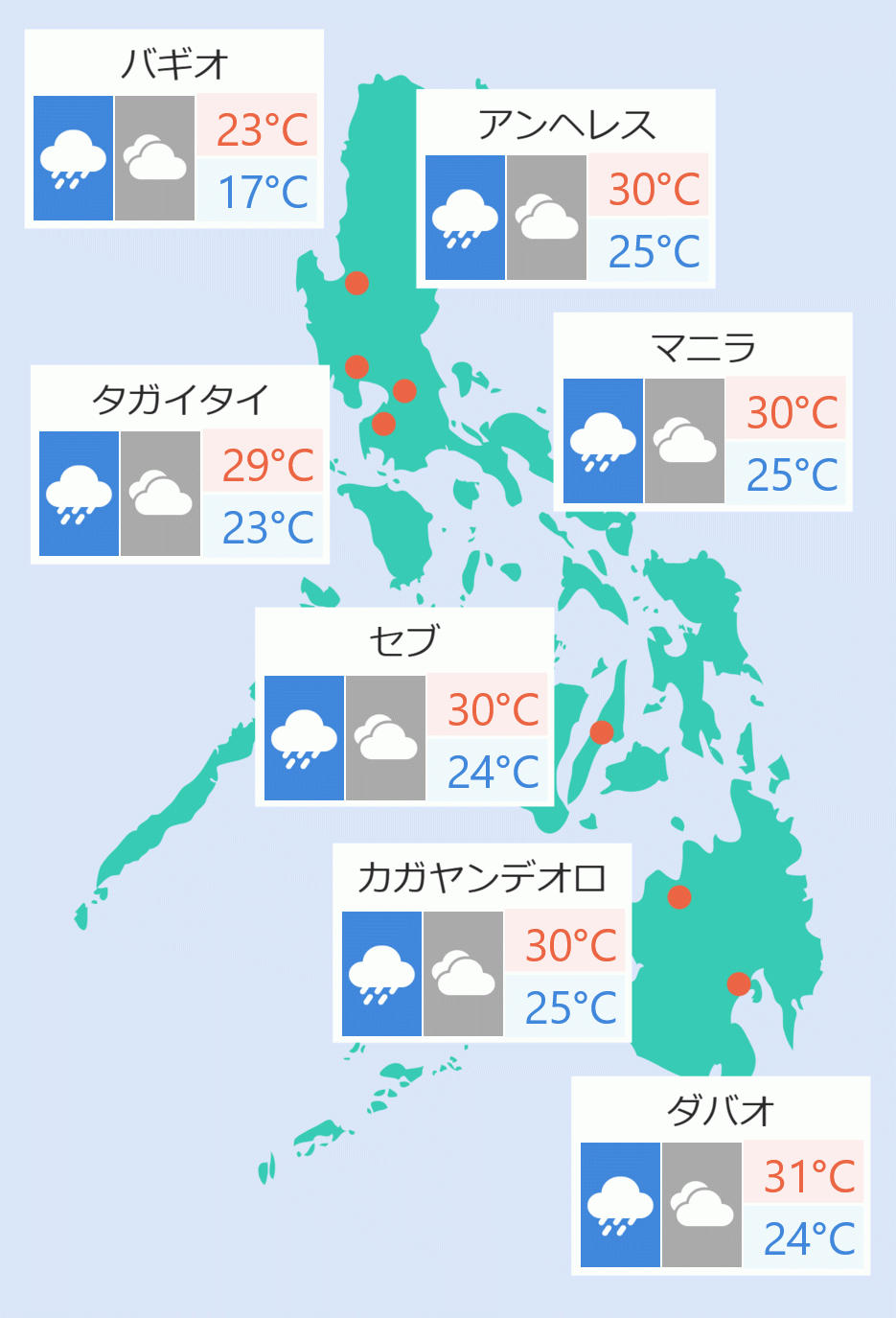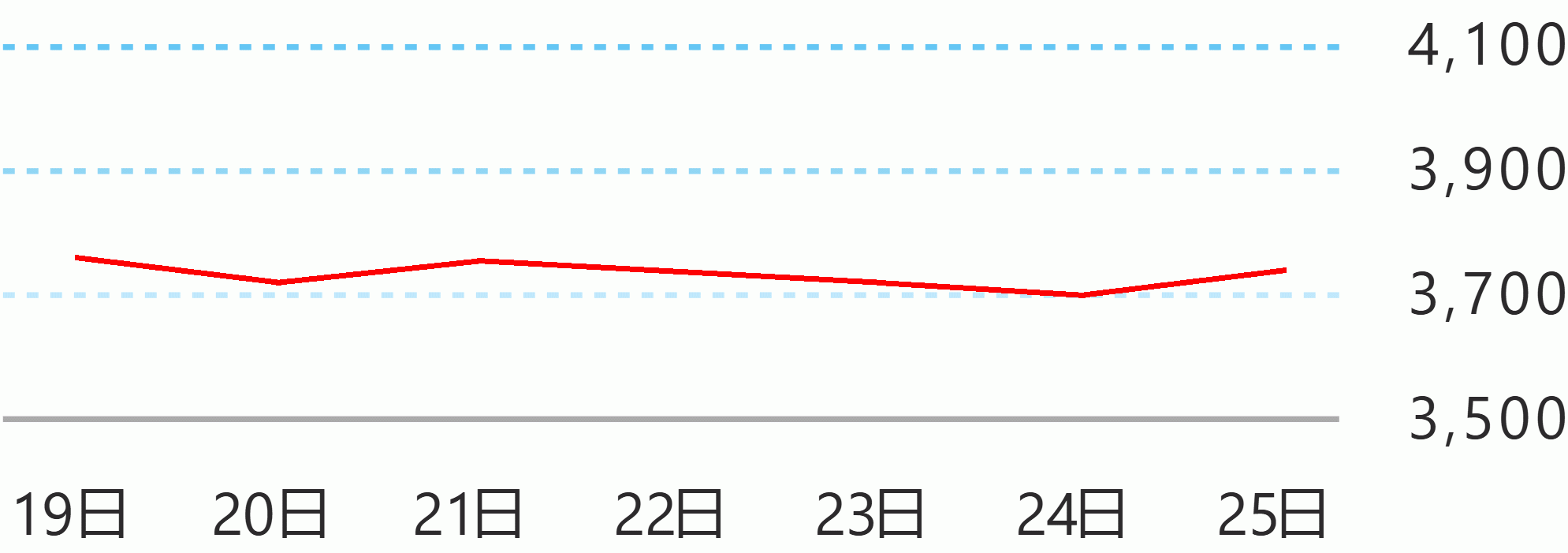China opposes the trilateral summit between Japan, the United States, and the Philippines set on Thursday in Washington, calling it an "exclusive grouping" that creates bloc confrontations in the Indo-Pacific region.
In a press briefing, Chinese Foreign Ministry spokesperson Mao Ning said: “Defense cooperation between any countries should be conducive to regional peace and stability. We oppose cobbling together exclusive groupings and stoking bloc confrontation in the region.”
For his part, Liu Xiaoming, special representative of the Chinese Government on Korean Peninsula Affairs said that China was “gravely concerned” and that Japan should have learnt its lesson.
“Japan needs to earnestly draw lessons from history and stay prudent on military and security issues,” Liu said in an X (formerly Twitter) post.
Philippine Ambassador to the United States Jose Manuel Romualdez said that the meeting among the three leaders was not a confrontation but a “multilateral cooperation”.
Romualdez said defense and economic cooperation will be discussed during the “historical” summit.
“This trilateral meeting not only encompasses the defense of the area, of the Indo-Pacific region but also the economic cooperation that we are putting together with both Japan and the United States. This is definitely not only going to be good for the Philippines but good for the Indo-Pacific,” Romualdez said in an interview with ANC.
“It’s very unfortunate that China looks at this that it is directed towards them. The trilateral meeting is mainly a cooperation of three nations that believe it is in their interest that we have this very strong cooperation,” he added.
According to Romualdez, President Ferdinand Marcos, Jr. will be meeting with US President Joe Biden in the White House before the trilateral meeting on Thursday.
Meanwhile, Bayan Muna Chairman Neri Colmenares asked President Ferdinand Marcos, Jr. to initiate a joint resolution in the United Nations to implement a demilitarization policy in the South China Sea, adding that the joint maritime exercises “could lead to further escalation of tension”.
"The US, like China, also wants to control the oil and gas resources of the SCS for its energy needs. We cannot rely on the US as that would be tantamount to taking out one bully, but allowing another bully to come in,” he said.
''We need to rely on ourselves, together with other ASEAN countries and the international community, to achieve a peaceful but just resolution of the dispute,” he added. Jaspearl Tan/DMS





 English
English









